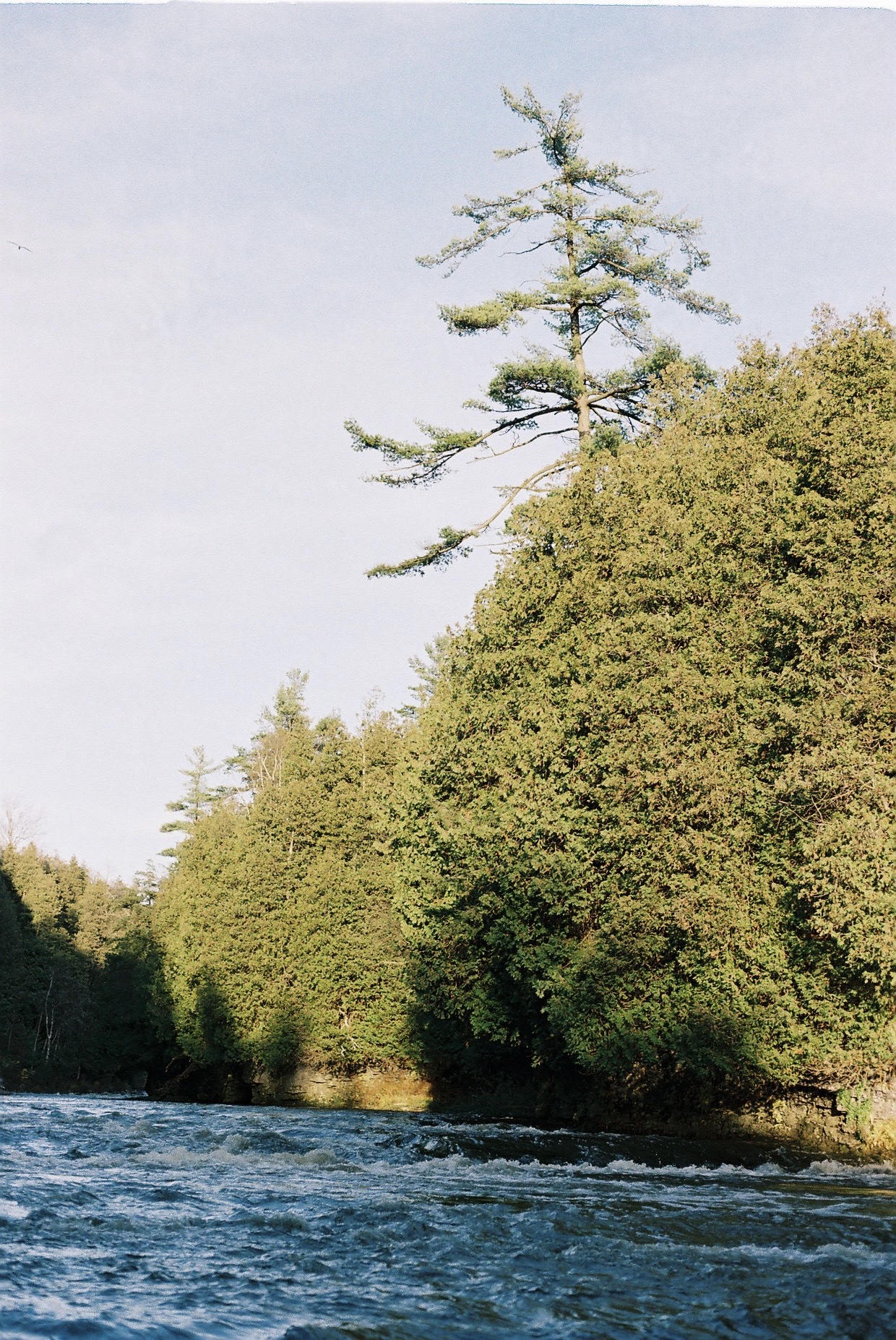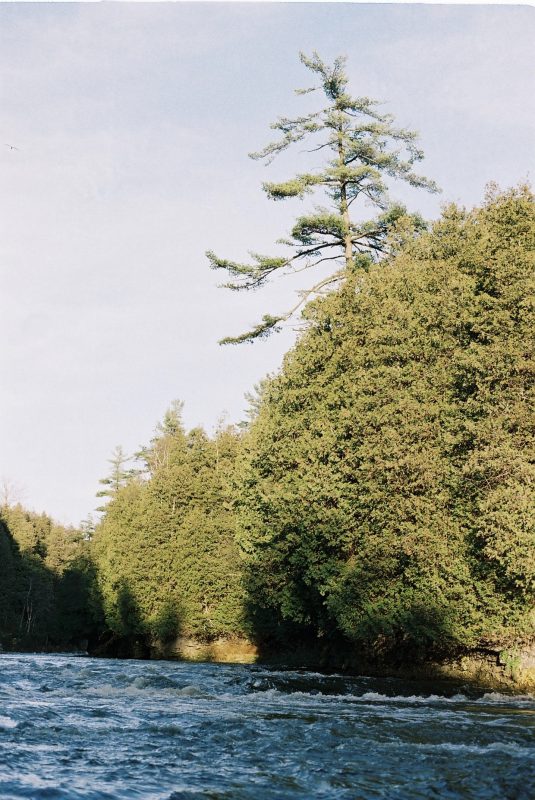Laurier study shows decline in fire resilience of black spruce trees


A new study led by Wilfrid Laurier University’s Associate professor of biology, Jennifer Balzer, has found that an increasing number of black spruce trees are less resilient to forest fires due to climate change threatening boreal ecosystems.
The study was published in the journal of Proceedings of the National Academy of Sciences, and evaluates the changes in regeneration after forest fires from more than 1,500 forest sites that burned in the last 25 years across Canada.
In western Canada, black spruce resilience is 60 per cent, and ⅓ of forest sites from Alaska to Quebec are declining, or have completely lost all black spruce in the area.
Previously, black spruce trees demonstrated high resilience to fire and depended on it for growth and regeneration. They rely on fire because the cones on the trees stay closed until heat from the fire causes the waxy coating to melt away, releasing seeds that start the process of regeneration.
As black spruce trees take 50 years to reach reproductive maturity, the time between fires is too short, and there will not be enough seed available for self-replacement.
The study has shown that loss of resilience to fire will enable forests that were dominated by black spruce trees to shift toward a different tree species.
Jennifer and her collaborators found that two main factors are making black spruce trees less resilient in recent years.
The first reason is that wildfires burn deeply into the layers of soil. The thick peat soil layer where black spruce trees grow has prevented competitor species such as aspen and pine from dominating the area during regeneration. The deeper burning has caused peat soil layers to dry out, becoming more flammable, resulting in the burning of seedbeds that would have favoured black spruce regeneration over other species.
Secondly, climate change has made more forests in Canada vulnerable to drier conditions, increasing the burning during forest fires that challenges regeneration.
It is important to consider the consequences of climate change and our carbon-footprint as the loss of black spruce trees across Canada is devastating to our environment.
Not only are black spruce trees critical habitats for wildlife, they cool spil that enable the process of decomposition that protects permafrost by locking away vast amounts of carbon.
This study has demonstrated how the declining fire resilience of black spruce trees could be detrimental to our ecosystems and environment––it is a wake-up call.

